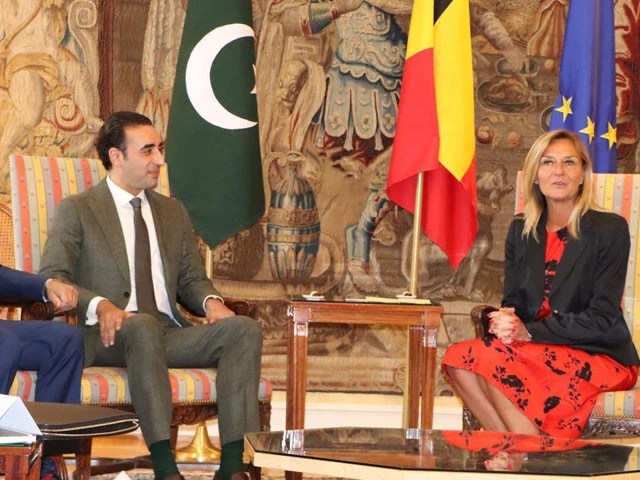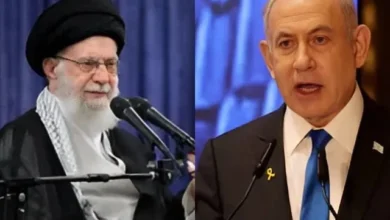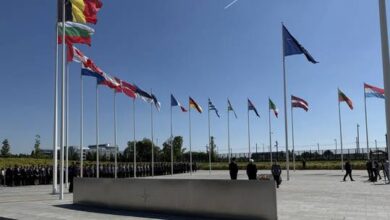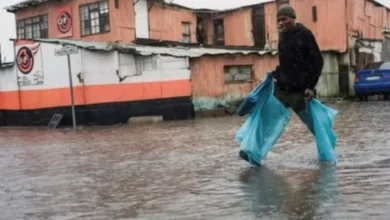Bilawal Bhutto Zardari has urged the European Union to guide the region back to a diplomatic path, calling for a comprehensive dialogue that includes Kashmir, water disputes, and trade.
The statement comes after the Pakistani delegation, led by the PPP chairman, reached Brussels on Wednesday. This follows successful visits to Washington, New York, and London, aimed at countering Indian propaganda in the wake of recent tensions between Pakistan and India.
In a meeting with Vice Chair of the Belgian Parliament’s Foreign Affairs Committee, Katleen Depoorter, on Thursday, Bilawal shared Pakistan’s grave concerns regarding India’s approach.
“We have a ceasefire, but not peace. India’s threats to weaponise water, its rejection of dialogue, and refusal to uphold UNSC resolutions have dangerously lowered the threshold for nuclear conflict in South Asia,” he said.
He pointed out that such a dialogue would open avenues for counterterrorism cooperation. “Peace must not be partisan,” said Bilawal, reiterating that dialogue remains the only path forward to regional stability.
Bilawal also acknowledged the EU’s principled stance on diplomacy, the rule of law, and its support for GSP+. “The EU’s role in promoting human rights reforms and inclusive legislation in Pakistan has been invaluable,” he noted.
Earlier, speaking to the media in Brussels, after a meeting with Bernd Lange, Chair of the European Parliament’s Committee on International Trade, Bilawal highlighted the importance of dialogue in addressing these longstanding conflicts.
“War cannot be a solution to any issue. All matters, including Kashmir and water, must be resolved through dialogue,” he said.
Former foreign minister emphasised that Pakistan’s message of peace was communicated to the European Union during the parliamentary delegation’s visit, underlining that stability and peaceful coexistence are key to maximising trade and regional prosperity.
He also addressed India’s recent decisions concerning the Indus Waters Treaty, describing India’s unilateral actions as a violation of international law. “India’s actions regarding the treaty undermine international agreements, and the EU strongly supports the adherence to these treaties,” he added.
In his remarks on the ongoing conflict, Bilawal asserted that India’s aggression against Pakistan represents a breach of international law and poses a significant threat to regional peace.
Minister for Climate Change Musadik Malik further clarified Pakistan’s position, noting that India has no legal grounds to abandon the Indus Waters Treaty.
Earlier, in an exclusive interview with the BBC, Bilawal warned that any attempt by India to block Pakistan’s water supply could lead to war. “If India stops our water supply, it will lead to war,” he said.
“India has made a major announcement regarding the Indus Waters Treaty, and if they follow through, there will be war,” said Bilawal. He warned that such actions would set a dangerous precedent for the use of water as a weapon in international relations.
On the Pahalgam attack, he said that Indian supporters in the US have failed to provide any proof linking Pakistan to the incident.
He stressed that Pakistan’s efforts against terrorism are recognised globally. “The United States is aware of how Pakistan deals with terrorist groups,” he added.
He pointed to Pakistan’s successful efforts in getting off the Financial Action Task Force (FATF) grey list. “We completed the entire FATF process, and the US was part of it. They saw first-hand how Pakistan acted against these groups,” he said.
The PPP leader also spoke about his recent diplomatic visits to the US and the UK, calling them a success.
He said, “Our position is based on truth, and we have come with a message of peace. We want to engage in dialogue, especially considering the looming nuclear risk. Every individual we meet is not only listening to our position but also appreciating it and expressing a willingness to help.”
When asked about India’s stance on the Indus Waters Treaty, Bilawal expressed concern over the irresponsible position taken by New Delhi.
“If you allow water to be used as a weapon in the context of Pakistan, then tomorrow it can be used against anyone else. One day, it could even be India,” he warned.
He reiterated Pakistan’s commitment to peace but made it clear that any attempt to disrupt Pakistan’s water supply would be met with severe consequences. “If India cuts off our water supply, there will be war,” he concluded.







